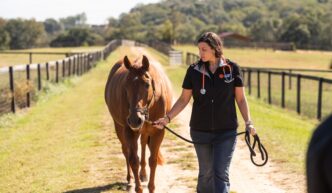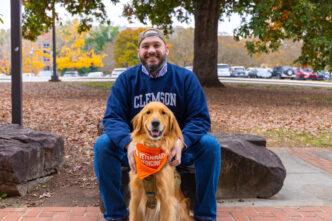November is designated as Winter Weather Safety Month and Clemson University Emergency Management encourages all members of the campus community to make preparations now for lower temperatures and potential winter weather. In South Carolina, the week following Thanksgiving, this year Dec. 1-7, is designated as Winter Weather Preparedness Week.
Now is the perfect time to get ready for colder temperatures while supplies are well-stocked and demand is low. Don’t be caught unprepared if a winter storm brings power outages or treacherous icy roads.
Be Informed
Have multiple ways to alerts to stay informed on weather conditions and closings:
- Sign up for CU Alerts and local emergency alerts and regularly check reputable weather sources when winter storms are approaching.
- Understand the different types of winter weather-related alerts.
- Advisory: Be aware, as winter weather is expected.
- Watch: Be prepared, as winter weather is possible.
- Warning: Take action, as winter weather is imminent or occurring.
- Winter storms can bring extreme cold, freezing rain, snow, ice and high winds. Know the signs of frostbite and hypothermia and limit time outside during winter weather.
- Sign up for alerts from your county Emergency Management office and follow your local National Weather Service station for information about upcoming weather.
- Download the South Carolina Emergency Management Division’s Winter Weather Guide and mobile app for more information.
Make a Plan
Understand the impacts of winter weather on your area and add winter-specific items to your household emergency plan:
- Insulate your home’s pipes so they don’t freeze if you lose power and heat. If they do freeze, ensure you know now how to turn the water off at the source in case a pipe bursts. This is also an important step to include in your everyday Emergency Plan.
- Power outages are common during winter weather. Ensure you have ways to keep you and those living in your residence, including your pets, warm during extended power outages.
- Generators can be helpful when the power goes out. It is important to know how to use them safely to prevent carbon monoxide (CO) poisoning and other hazards.
Build a Kit
Be prepared for winter weather at home, at work and in your car. Create an emergency supply kit for each of these locations and add winter weather items to each.
- Include jumper cables, a shovel, sand or rock salt, a flashlight, warm clothes, blankets, bottled water and non-perishable snacks.
- Keep a full tank of gas when winter weather is expected.
- Ensure you have space heaters or generators ahead of time and that they are in proper working condition. Use these safely and according to the manufacturer’s instructions.
For more winter weather tips, visit Ready.gov and the South Carolina Emergency Management Division website.
Winter pet safety
The College of Veterinary Medicine also encourages pet owners to be mindful of the impacts of colder temperatures and winter weather on your pets. While South Carolina has a temperate climate, it can get dangerously cold in the winter. Many people travel with their pets during this time of year as well and may not be accustomed to the hazards in colder climates.
- If it is too cold for you, it is cold for your pets.
- Paws may be very susceptible to damage from cold weather. Also, ingredients in most deicers can cause serious illness if animals ingest it. Be aware of how long your pets are out in the cold and where they walk.
- Pets left outdoors should have access to fresh water and a shelter from precipitation and wind.
- If temperatures drop below freezing, access to water needs to be monitored to ensure the water doesn’t freeze.
- Antifreeze is toxic to animals and people, so avoid any exposure.
- If you use heating sources such as electric heaters or open flames, use caution and keep animals supervised around these items.
- Be careful with holiday decorations that can be easily chewed or accidentally swallowed.
- Frozen ponds and lakes can be very hazardous. Be careful walking your animal near these spaces, and if your dog is off leash, ensure they have a reliable recall to keep them safe.







